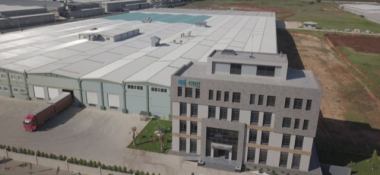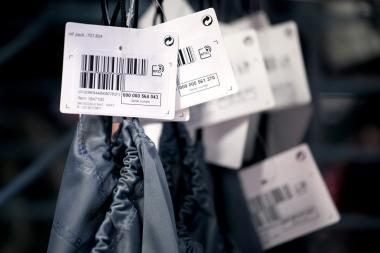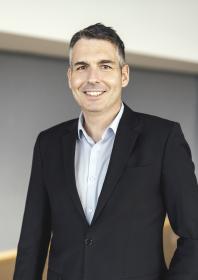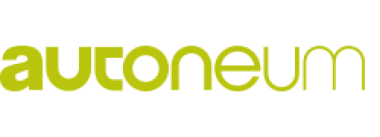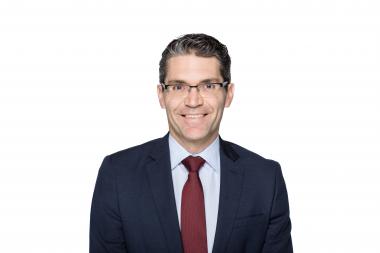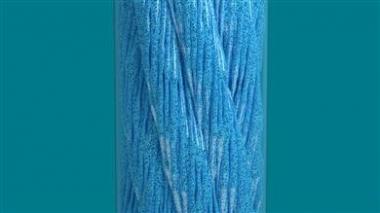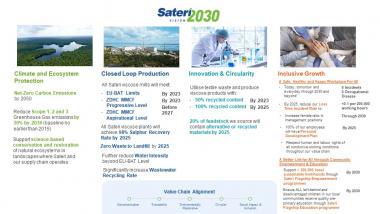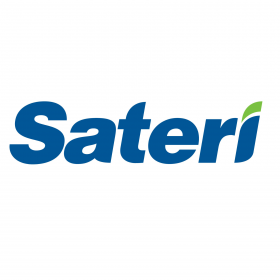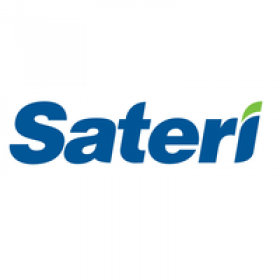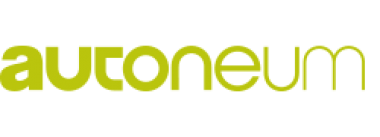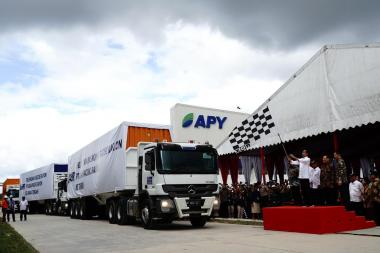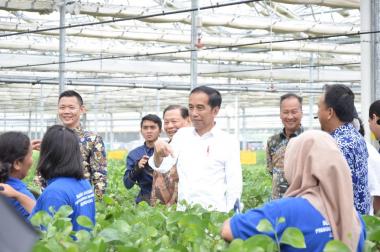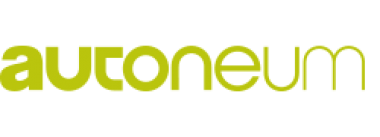Eruslu Nonwovens Group: Produktion biologisch abbaubarer Vliesstoffe mit Trützschler Nonwovens
Trützschler Nonwovens liefert Maschinen, die eine 2015 in Betrieb genommene Spunlacing-Anlage bei der türkischen Eruslu Nonwovens Group zu einer flexiblen, hochmodernen Produktionslinie für verschiedene leichte bis schwere nachhaltige Vliesstoffe erweitern.
Die Entscheidung von Eruslu aus dem vergangenen Jahr, das Angebot von Reinigungstüchern um biologisch abbaubare Produkte aus nachwachsenden Rohstoffen zu erweitern, führte zu einer Investitionsentscheidung, die bestehende Anlage zu erweitern:
- eine zweite NCR Wirrvlies- und eine NCA Airlaykrempel ,
- Faservorbereitung und Krempelspeisung,
- eine höhere Hydraulikleistung um auch mehrlagige Vliesstoffe zuverlässig und effizient zu verfestigen,
- eine Erweiterung des Trockners zur Erhöhung der Verdampfungsleistung.
Nach der Inbetriebnahme im zweiten Halbjahr 2022 wird Eruslu eine hochmoderne und hochflexible NCR-NCA-NCR-Linie betreiben, die erste ihrer Art in der Türkei. Die Anlage ist maßgeschneidert für die Verarbeitung von unbearbeiteter Baumwolle, Kämmlingen und Kurzfasern bei hohen Geschwindigkeiten. Endprodukte sind hochwertige Leichtvliesstoffe oder schwere, dreilagige Materialien für beispielsweise Wattepads.
Trützschler Nonwovens & Man Made Fibers GmbH


